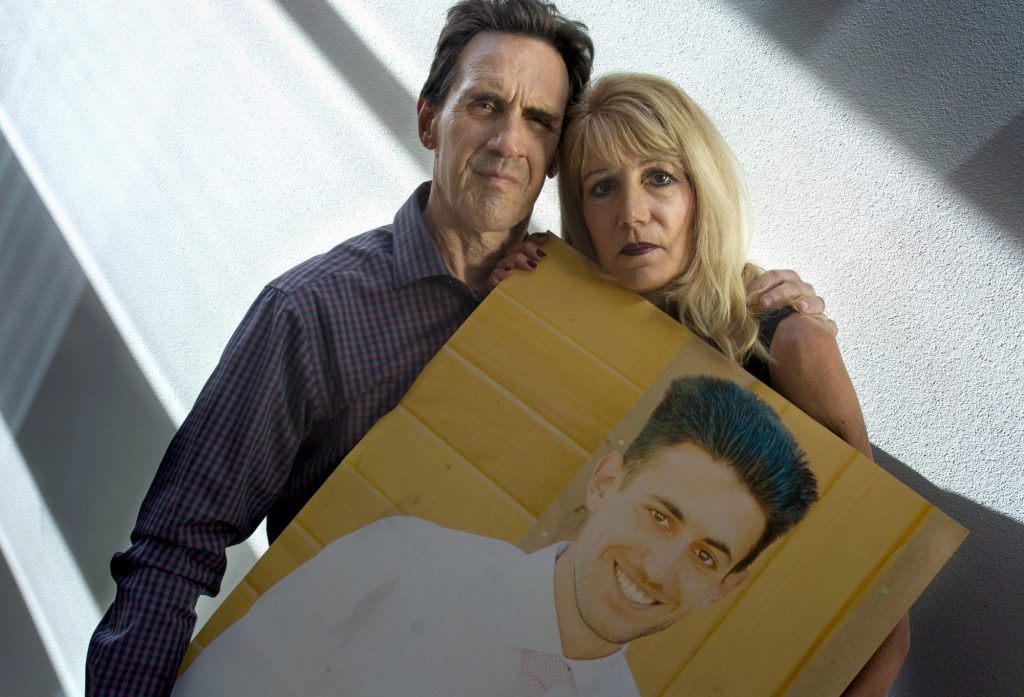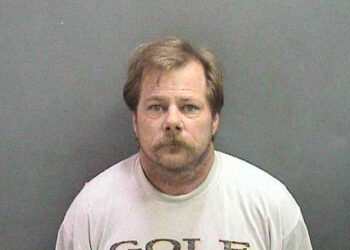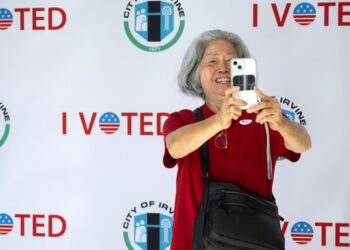Was it lies and sins of omission that killed Brandon Nelson?
The promise of a professional mental health team’s care — psychiatrists, psychologists, therapists — that turned out to include guys with experience in furniture moving and construction and credit card processing and house painting, who took online CPR classes, who were too freaked out by his body dangling from the ceiling to recall the address for the 911 dispatcher?
Perhaps it was that the company was imploding financially and workers were fleeing. Or that the “facility” where Sovereign Health placed him was little more than a tract home in San Clemente. Or that no one “treating” him on that final day had any clue about his medical history, his psychotic breaks, his desire to die.
The powerful anti-psychotic medications he required twice daily were slow to be filled and forgotten on a desk in a corporate office — Nelson hadn’t taken them for nearly 24 hours and was howling and crying, “I want my meds! I want my meds!” just hours before he used a pair of sweatpants to hang himself from the sprinkler system in his room.
Workers said he should have been sent to a higher level of care. He should have been closely monitored. He should never have been left alone. There should have been “breakaway” systems to thwart suicide attempts in a facility for mentally ill patients.
“He needed, like, clinicians. He needed, like, doctors,” said a house manager on duty that night.
These harrowing, heartbreaking details are drawn from hundreds of pages of depositions in the wrongful death lawsuit Nelson’s family filed against Sovereign/Dual Diagnosis and its principal, Tonmoy Sharma, in 2019. The two sides have settled for $11 million, to be paid through insurer Capitol Specialty Insurance Corporation.
“We were pleased the parties could reach a settlement,” Laurie N. Stayton, attorney for Sovereign and Sharma, said by email. “We hope the settlement brings some comfort to the…
Read the full article here







